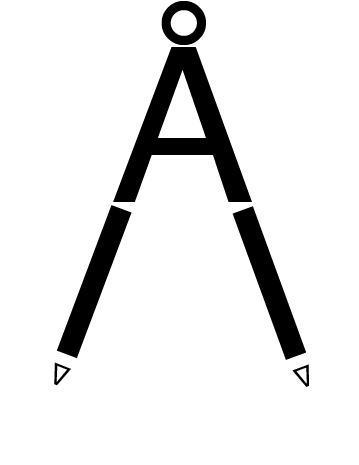How can we prevent a future infodemic?
In collaboration with Eurac Research (Italy), my research project during master’s program at University of the Arts London “Science Journalism in The Infodemic related to COVID-19 Pandemic in 2020, its Challenges and Evolution“ has been published as a news article titled “How can we prevent a future infodemic?“
How can we prevent a future infodemic?
It is said that the history of war is the history of media. In other words, war is represented by the media format prevalent at the time. New York Times columnist Thomas Friedman coined the term "TikTok war" for the Ukrainian invasion in February, and other publications followed suit. The same is true for the COVID-19 pandemic. During the pandemic, technology media such as social networking services framed the audience's perception and hijacked their thoughts and behaviour. Thus, the infodemic became the downside of excessive technology media representation. By studying the practices of science journalists, including BBC, WIRED.com, and other media outlets at the forefront of the infodemic, this article analyses the practice and efficacy of science journalism in the COVID-19 pandemic and suggests strategies to prevent a future infodemic. continue to read
Introduction of Science Journalism in The Infodemic related to COVID-19 Pandemic in 2020, its Challenges and Evolution
This dissertation aims to explore opportunities and challenges which science journalism face in the infodemic related to COVID-19 infodemic mainly in 2020. Conducting interview research on science journalists who are involved in the infodemic, this dissertation identifies what challenge the infodemic poses to science journalism and evaluates how the infodemic evolves science journalism. The research is conducted by a series of qualitative interviews to professional science journalists who works mainly for BBC (United Kingdom), WIRED (United States), Nature, The New York Times, MIT Technology review, Scientific American, Neue Zürcher Zeitung, ZEIT Online, independent publication named Delayed Gratification, other journalistic media, and as authors.
Research collaborators:
Richard Fisher (BBC)
Roxanne Khamsi (WIRED US)
Marcus Webb (Delayed Gratification)
Martin W. Angler (author)
Minako Takizawa (author)
Takeshi Shimizu (BBC)
Special thanks to:
Dr Sara Marino (UAL)
Dr Rebecca Bramall (UAL)
